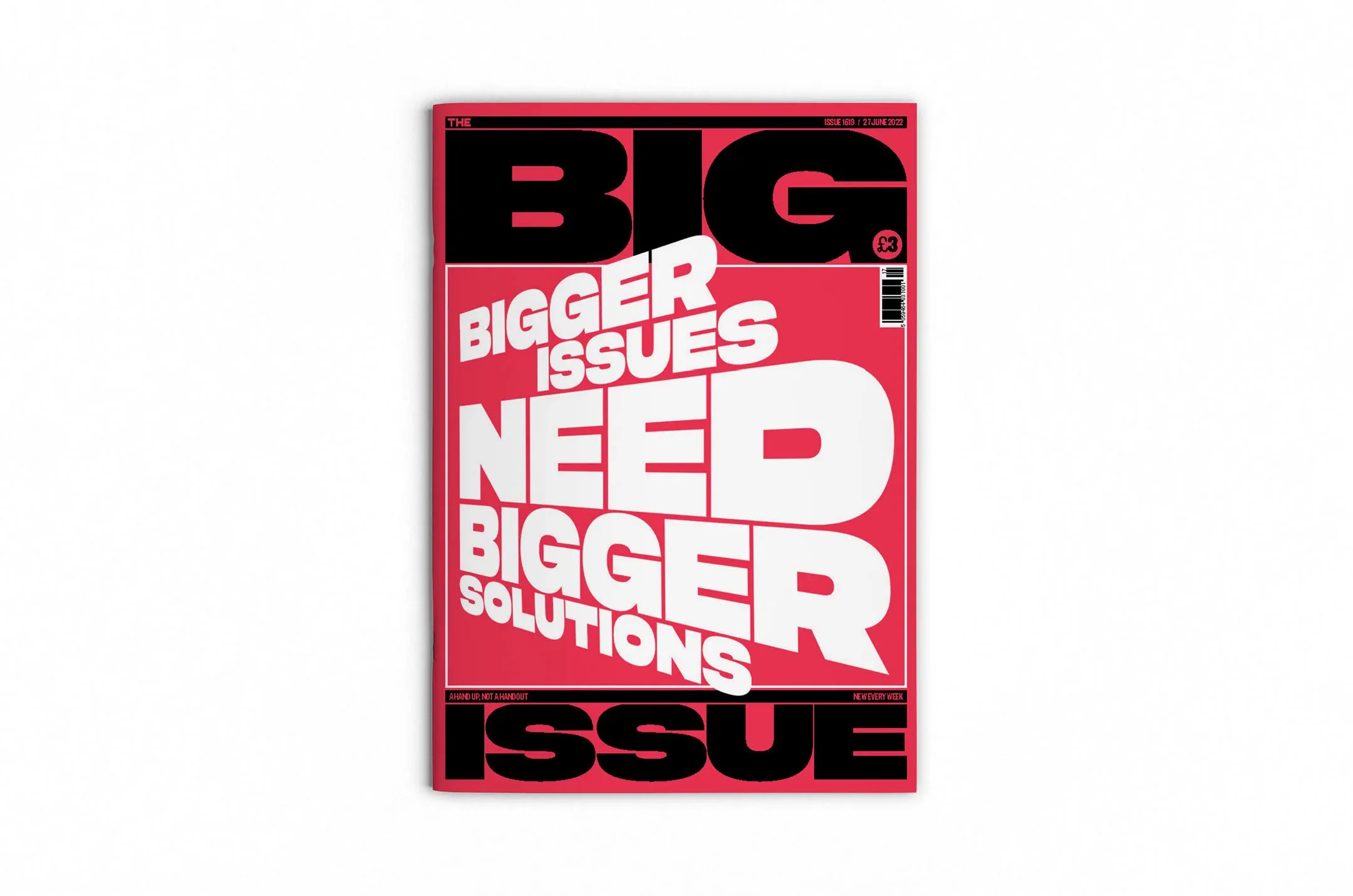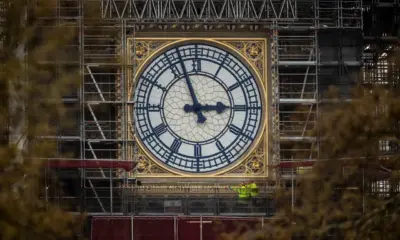Tech
Big Issue Magazine Rebranded As NFT Zine

Street sales meet digital scarcity.
By Priya Malhotra – Urban Finance Reporter
From Print to Protocols
For decades, the Big Issue magazine has been a staple of London’s streets. Vendors hold stacks of copies, commuters hand over coins, and the paper itself symbolises both journalism and social enterprise. But according to viral rumours, the Big Issue has abandoned print. It is now allegedly rebranded as an NFT zine, with every edition minted on-chain and sold to commuters through QR codes.
A TikTok clip that fuelled the rumour showed a vendor holding up a smartphone instead of magazines. The caption read: “Proof of Street.”
Commuters in Confusion
Videos spread across Instagram of puzzled Londoners. One woman muttered, “I just wanted something to read on the Tube, not a wallet sync.” Another reel showed students laughing as their phones buzzed with “NFT Zine transaction confirmed.”
Street artists leaned into the parody. One sketch in Shoreditch depicted a vendor yelling, “Validate your vibes, not your Visa!”
Fake or Real?
Polls revealed 56 percent believed the rumour. “Feels real,” one voter wrote. “Print is dying anyway.” Another countered, “Fake, but believable. NFTs already sell worse than magazines.”
That strange blend of plausibility and parody sent hashtags like #NFTZine and #ProofOfStreet trending for days.
Meme Avalanche
Memes circulated faster than morning papers. One viral edit showed commuters scanning Ethereum logos instead of barcodes. Another depicted a magazine stand replaced with digital wallets.
Parody slogans soon appeared online:
- “Stake your story.”
- “Liquidity in leaflets.”
- “Proof of read confirmed.”
Camden Market stalls quickly sold tote bags reading “I mined my Big Issue.”
Top Comments from the Internet
- “Finally, journalism is more volatile than Bitcoin.”
- “My magazine rugged before the first page loaded.”
- “Proof of street validated.”
Organisation Responds
The Big Issue Foundation denied the rumour, insisting that paper sales remain. But parody press releases filled the gap. One fake announcement read: “Every headline logged on-chain.” Another joked: “Vendor validation pending.”
Even MPs joined in the humour. One edit showed Parliament holding up QR codes under the caption: “House of Commons, House of Tokens.”
Why It Resonates
The rumour resonates because street journalism already struggles with digitisation. Newspapers shrink, apps grow, and readers pay with attention more than cash. Turning the Big Issue into an NFT satirises how even charity and culture can be tokenised.
An LSE media scholar quipped, “NFT zines parody the absurd clash between community-driven journalism and speculative hype.” The quote itself went viral, paired with looping street vendor gifs.
Satirical Vision of the Future
Imagine all street culture tokenised. Poets selling VerseCoin pamphlets. Buskers minting BeatTokens for songs. Even graffiti tagged as Proof of Spray.
A parody TikTok circulates: a vendor shouting “Consensus reached!” while a commuter scans their phone. Subtitles read “Transaction failed: insufficient empathy.” The clip racked up 600,000 views.
Commuter Reactions
Londoners quickly made the rumour their own. One student tweeted, “I subscribed to 12 issues, then my wallet collapsed.” Another TikTok showed tourists holding invisible magazines while captions read “Read-to-earn confirmed.”
By Sunday, parody posters appeared across Tube stations reading “Next Issue Drop: Only 10,000 copies minted.” Commuters posed beside them instead of buying papers.
The Bigger Picture
Behind the humour lies a critique of how charity and journalism intersect with tech hype. The Big Issue was created to empower homeless vendors, but NFT Zine satire highlights the absurdity of replacing coins with gas fees.
Cultural critics argue the rumour resonated because it exposes society’s obsession with innovation, even when people need simplicity. Feeding speculation instead of feeding communities becomes the punchline.
Conclusion
Whether the Big Issue really became an NFT Zine doesn’t matter. The rumour has already been published in London’s meme economy, delivering satire louder than street cries.
So the next time you see a vendor at the station, don’t just check your wallet. Check your app. Because in 2025, even solidarity comes with a transaction fee.
By Priya Malhotra – Urban Finance Reporter
priya.malhotra@londonews.com






















